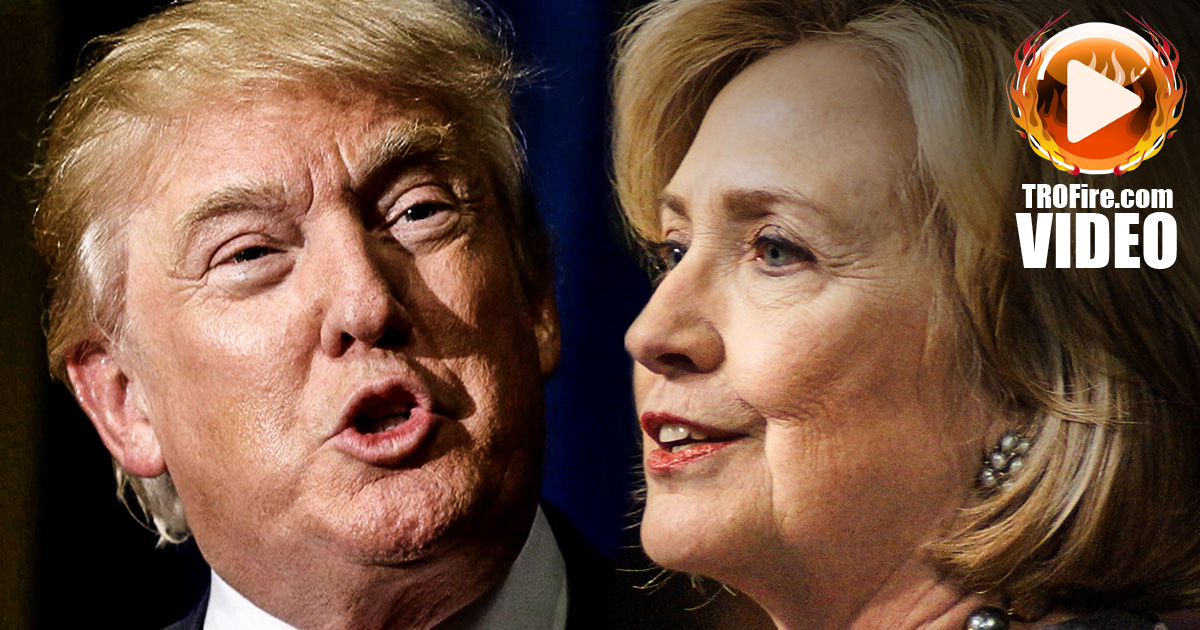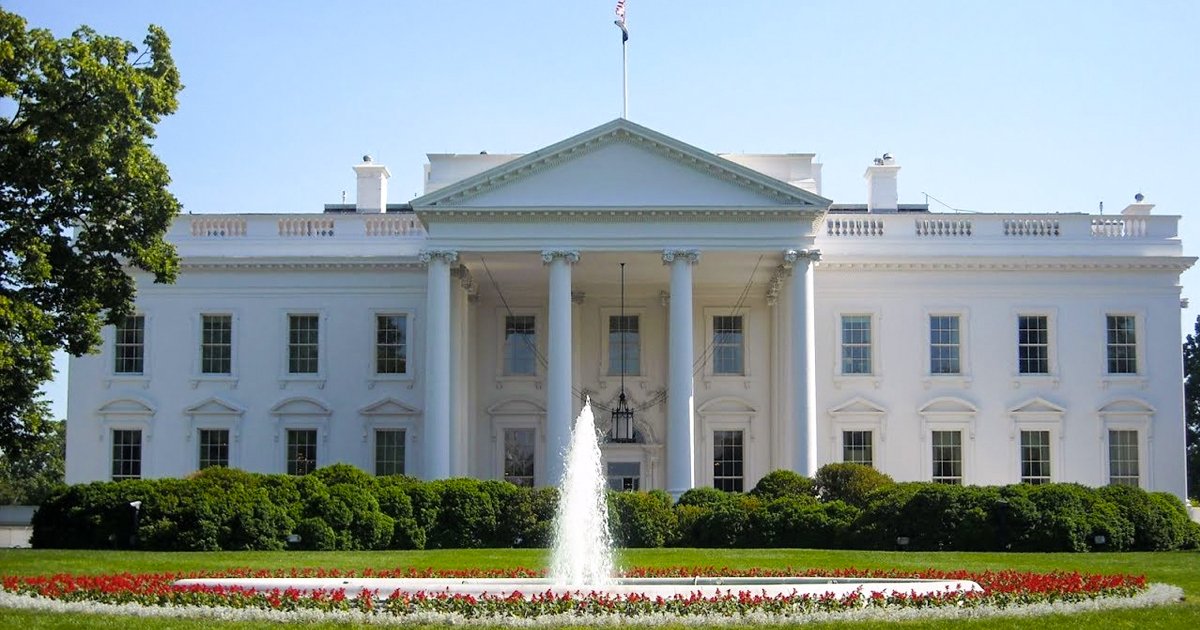Whether it is legalized pot, online gambling, LGBTQ rights, or immigration enforcement, Attorney General Jeff Sessions is drastically expanding the power of the Department of Justice. Traditionally, Republicans, including Sessions, have favored a smaller federal government with more power going to the individual states. However, that all changes when it comes to legislating morality.
“Good people don’t smoke marijuana.” – Jeff Sessions
On the topic of marijuana, AG Sessions has been staunchly opposed to its legalization. He continues to claim that marijuana is “only slightly less awful” than heroin even though thousands of Americans die from heroin overdoses each year, compared to exactly zero deaths from marijuana overdoses.
With twenty-nine states having legalized marijuana for medical use and eight states voting to end the prohibition on recreational use, Sessions has said that he wishes to continue to enforce the federal ban on the drug. In March, Sessions said that federal law is “not eviscerated because the state ceases to enforce it in that state.”
Further complicating the matter for Sessions is that President Trump has said the issue of legalized marijuana is an issue of states’ rights and in 2014, Congress passed a bill that barred the DOJ from using Federal funds to go after marijuana distribution in states that have legalized it. A government-funded poll found that in 2016, 57 percent of Americans favored legalizing marijuana.
“By a 91% to 9% margin, attendees at [CPAC] said they oppose attempts by some in Congress to ban state-regulated online gaming.” – Institute for Liberty
In 2011, the Department of Justice declared that 1961’s Wire Act only prohibits online or telephone sports gambling and does not apply to online poker or other casino games. During his confirmation hearing, Sessions said:
“I was shocked at the memorandum – I guess – the enforcement memorandum that the Department of Justice issued with regard to the Wire Act and criticized it. Apparently, there is some justification or argument that can be made to support the Department of Justice’s position, but I did oppose it when it happened.”
In 1997, when he co-sponsored a bill that would ban all wagering over the internet, Sessions said that he was “troubled by how easy it is for children to pick-up their parents’ credit cards and gamble on the internet.”
Once again, Sessions has decided that despite massive opposition from his own party, he wants to trample on the rights of an individual state in favor of federally mandated morality. His opinion seems to fly in the face of his former casino-owning boss, Trump. In 2011, Trump said that online gambling “has to happen because many other countries are doing it and like usual the U.S. is just missing out.”
“Congress, state legislatures, and local governments are in a position to adopt appropriate policies or laws addressing this issue [of students access to sex-segregated facilities on the basis of gender identity rather than biological sex].” – Jeff Sessions
While Sessions has remained committed to imposing his morality on the United States via the federal government, he will defend “freedom” and argue against federal power when the federal law is not on his side. When he was questioned about same-sex marriage during his confirmation hearing, he noted that the Supreme Court defined marriage, but he followed up by saying, “We should recognize religious freedom. It will be a very high priority of mine.”
As a Senator in 2006, Sessions voted for a Constitutional amendment that would ban same-sex marriages, an amendment which would have injected the federal government into the affairs of the LGBTQ community. He also voted against a 2009 bill that expanded hate crime protections to the LGBTQ community, saying that the states were doing enough to protect LGBTQ people. His argument was that the federal government needed to stay out of the topic:
“My view is, and was, a concern that it appeared that these cases were being prosecuted effectively in state courts where they would normally be expected to be prosecuted. Do we have a problem that requires an expansion of federal law into an area that the federal government has not been historically involved?”
Applying the argument for states’ rights when it is convenient seems to be a favorite tactic of the religious right. When their moral authority is threatened, they cry that their religious freedom is being trampled and that states should have the power to govern themselves how they see fit. However, when they have the opportunity, Republicans like Sessions will throw those arguments out in favor of government overreach into the lives of private citizens.





